Omicron Symptoms In Kids | ओमिक्रॉन वेरिएंट बच्चों को कैसे प्रभावित करता है? | How does Omicron affect children? | Is Sneezing a Omicron Symptom?
- 1.06K
- 2 years ago
Dr. Preeti Sharma
Dr. Preeti Sharma
Omicron Symptoms In Kids | ओमिक्रॉन वेरिएंट बच्चों को कैसे प्रभावित करता है? | क्या छींक आना एक ओमिक्रॉन लक्षण है?
In this video our expert Pulmonologist Dr. Preeti Sharma is talking about Omicron in Children and also she answered some very common questions that people usually ask like: Omicron Symptoms In Kids
- How does Omicron affect children?
- What are the signs & symptoms of Omicron in children?
According to our experts, some research studies have shown that omicron mediated infection is increasingly being reported in children. So how do we go about taking into consideration the vaccination scenario; should we send our children to school and
How about the doses of vaccination to be given to children?
So our experts have seen that as compared to the previous two waves, children are more prone to COVID infection. The reason may be no vaccination as of now and also omicron is more transmissible meaning it is easily spreading from person to person. The children are getting infected at a faster rate but fortunately, we have seen that the rate of hospitalisation and rate of severity is less among children. So children who are coming to OPD are getting cured.
Omicron in Children Symptoms: What are the symptoms of omicron-mediated infection in children?
The kids suffer from rhinorrhea (running nose), Coryza (sore throat), fatigue, loss of appetite, fever, diarrhoea can also be a symptom. So if a child is suffering from the above symptoms parents should consult their paediatrician to confirm the presence of omicron.
What are the warning signs among children? | Omicron Symptoms In Kids
This includes persistence of high fever in spite of medications among children, bluish of toughness or lips which means desaturation has happened (a drop of oxygenation). One needs to immediately report to the hospital if the child is lethargic or showing abnormal behaviour or not getting their work done.
So if you see the symptoms in children one must report to a paediatrician as these symptoms are common to the common cold. Also, children spread this virus at a faster rate as they are not following the COVID-appropriate behaviour.
In this scenario, is it safe for kids to go to school?
Such questions are being raised by the community. So the doctors say, for the primary wing, children who cannot look after themselves properly or can’t follow COVID appropriate behaviour should not be sent to school if they have any of this symptom or common cold as they can spread it easily.
As for the elder children who can take care of themselves can go to school with proper screening for symptoms of fever, sore throat, and common cold so that they don’t spread the disease further. The government has already started the vaccination campaign for the age group of 15-18 years. Since the start of this campaign on January 3, 52% of this young generation is vaccinated with the first dose. So that’s a good sign and the program is lined up for the age group of 12 to 15 years and trials are ongoing for below 12 years of age group.
However, in America and other countries, children above 5 years of age are vaccinated. In this scenario, we need to take care that whoever is at home or at school, whoever is coming in contact with the children, purposely for the adults should be fully vaccinated so that they don’t purposely give the infection to the children. The same goes for the school premises, staff should be fully vaccinated with both doses. Even at home, every adult should be fully vaccinated. In this manner, we can prevent children from getting an omicron-mediated infection and also should teach them about COVID-appropriate behaviour till we have vaccines for the children.
One should also know how to increase the immunity of the children. One can give a balanced diet with proper hydration which includes carbohydrates, proteins, minerals, vitamins(vitamin C), zinc-rich foods, and fibres. So by taking care of all things and by telling them to wash their hands again and again with soap or sanitizer by any activity, this will help to protect our children till we have a vaccination for them.





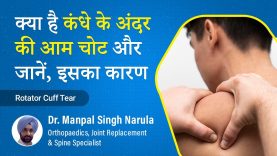
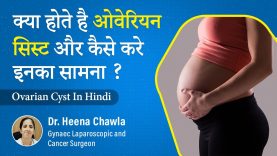
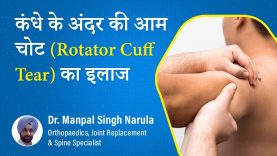
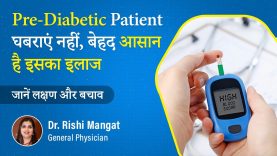

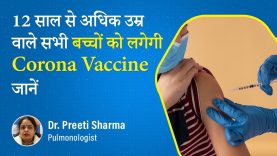
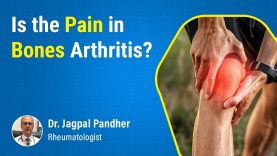
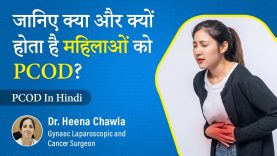
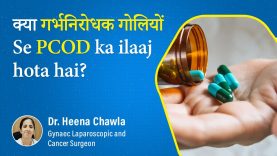
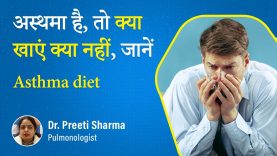
Comments (0)